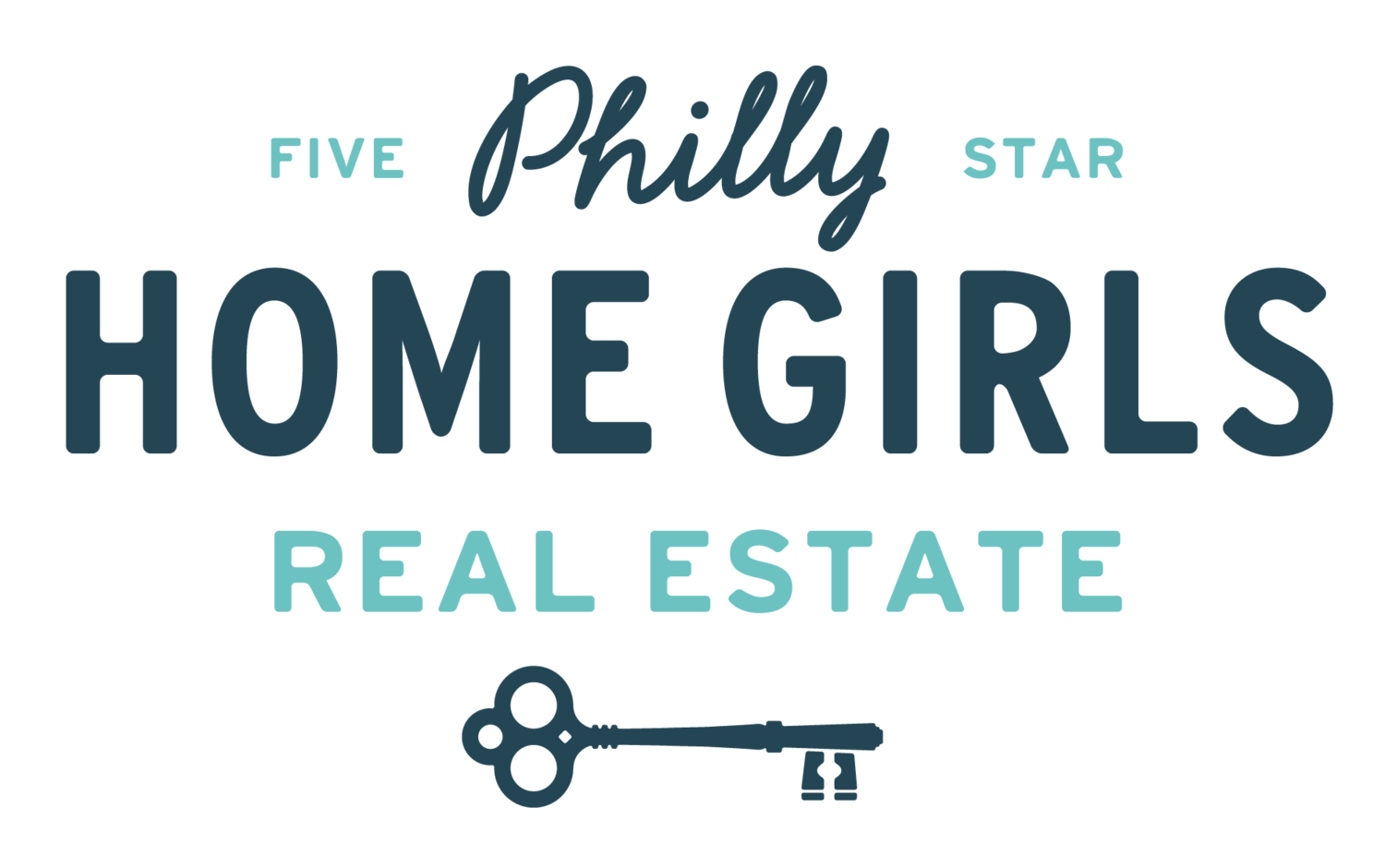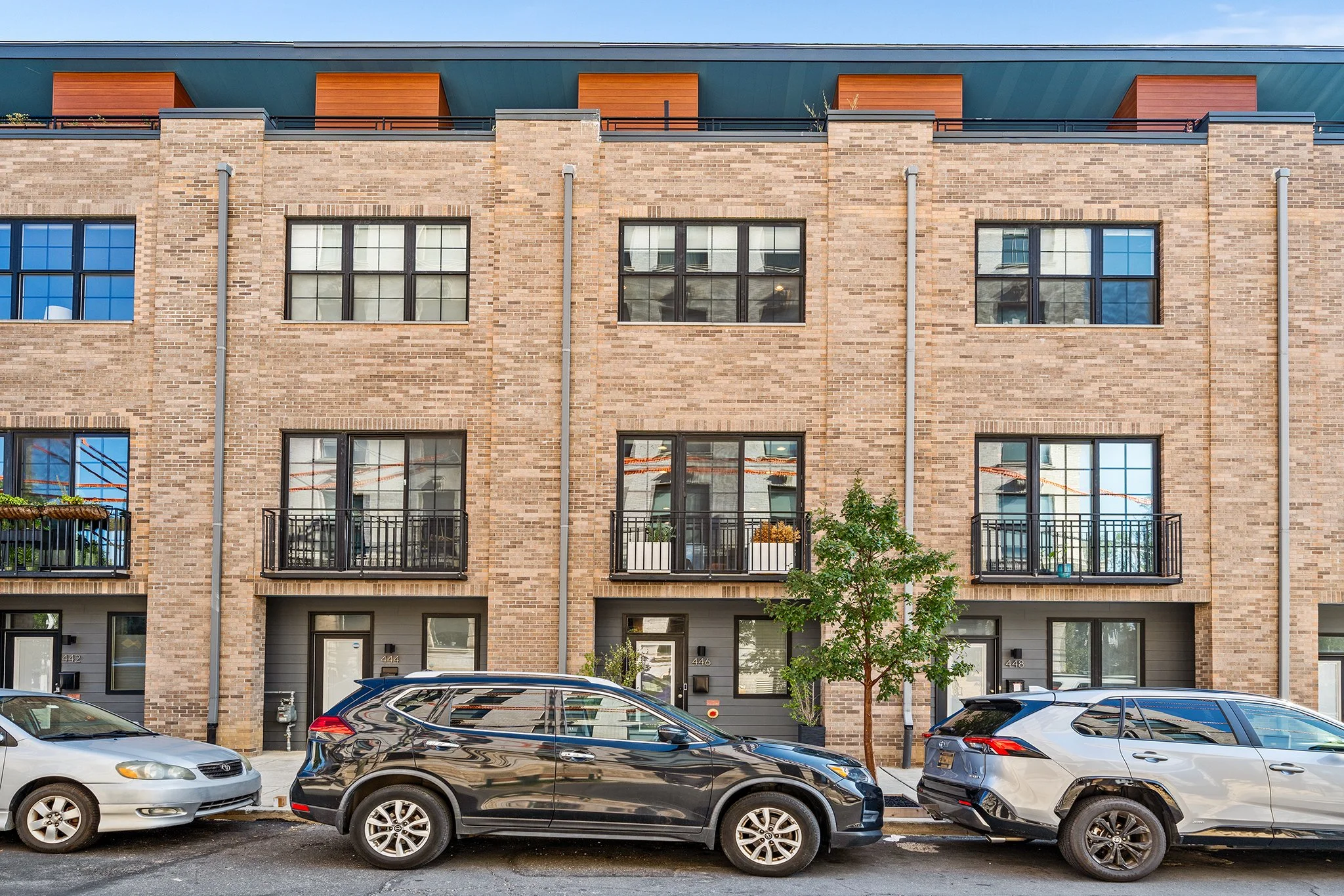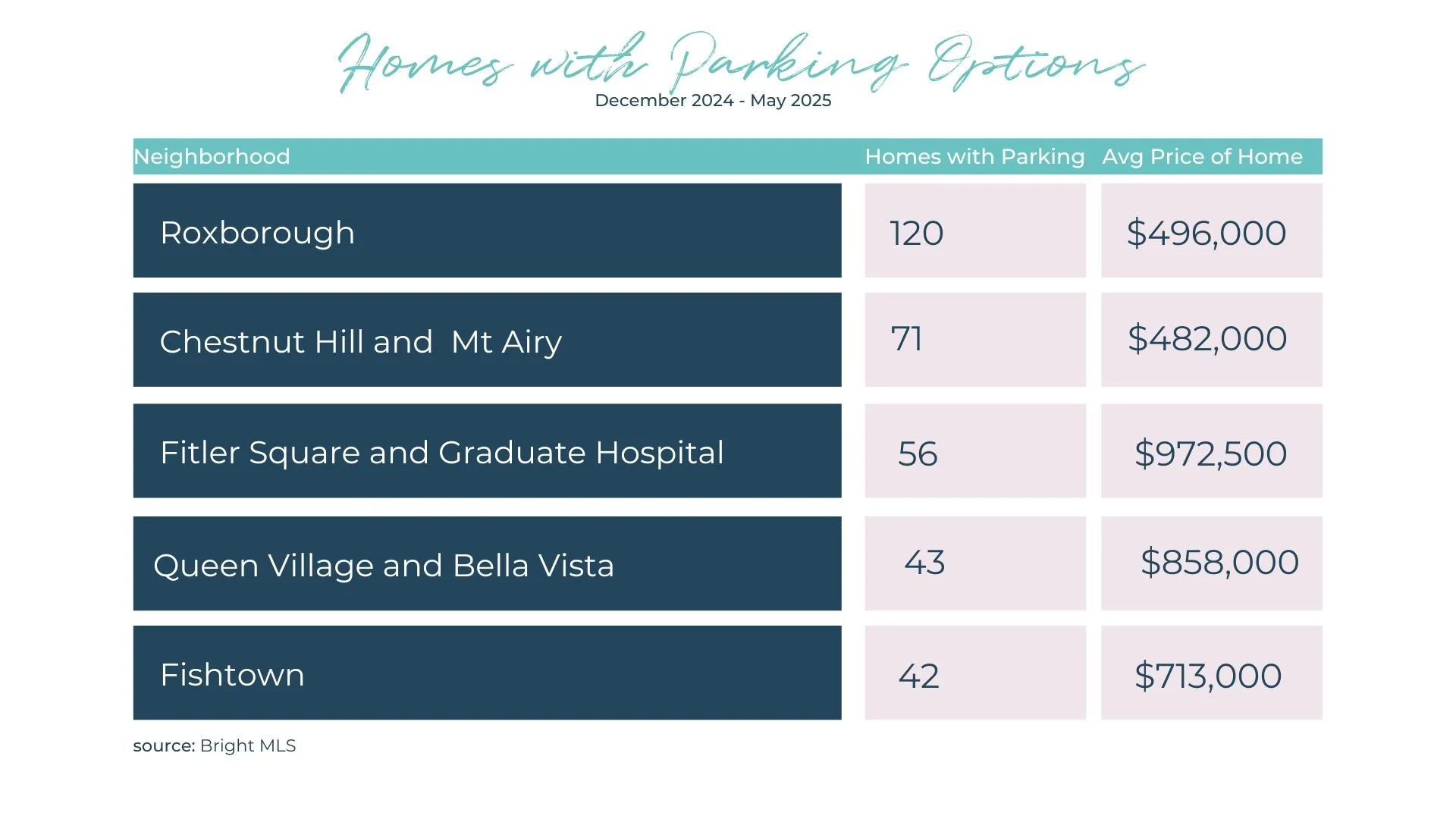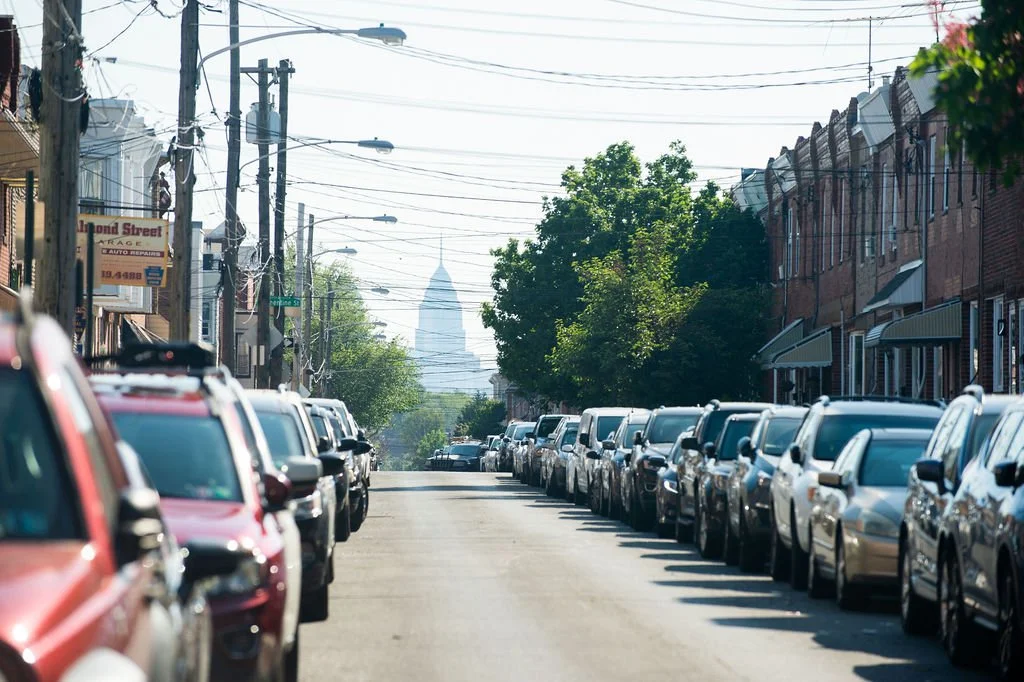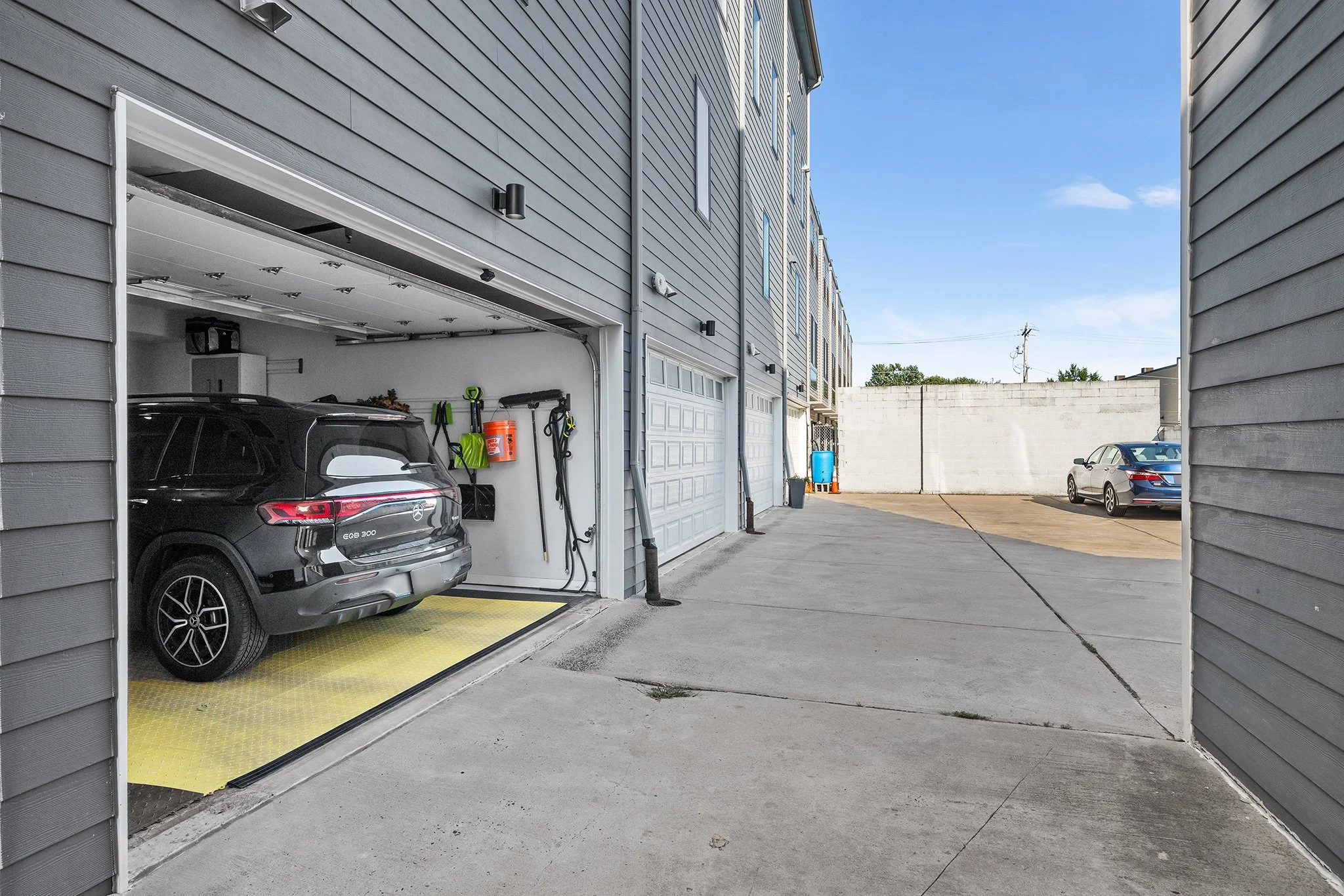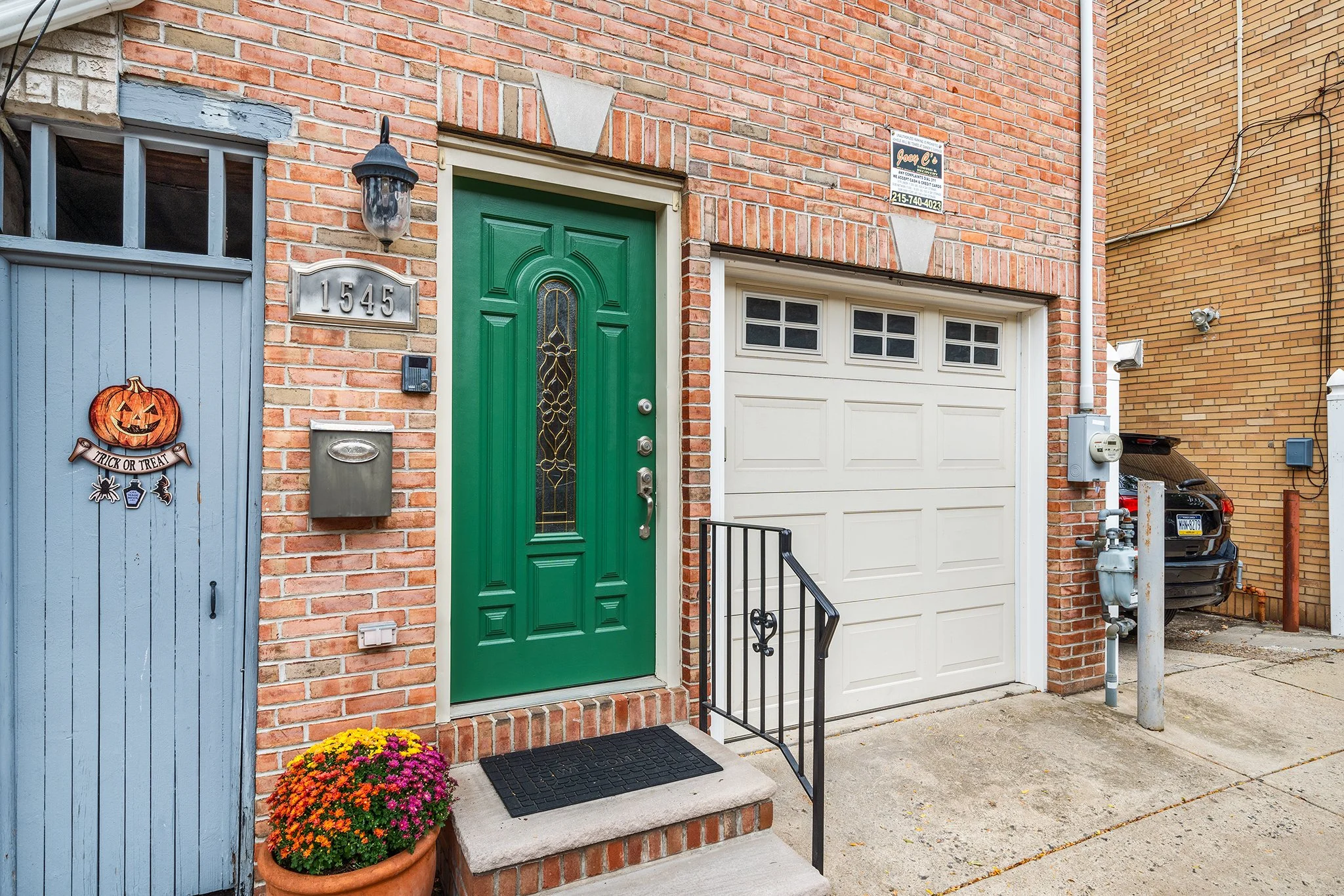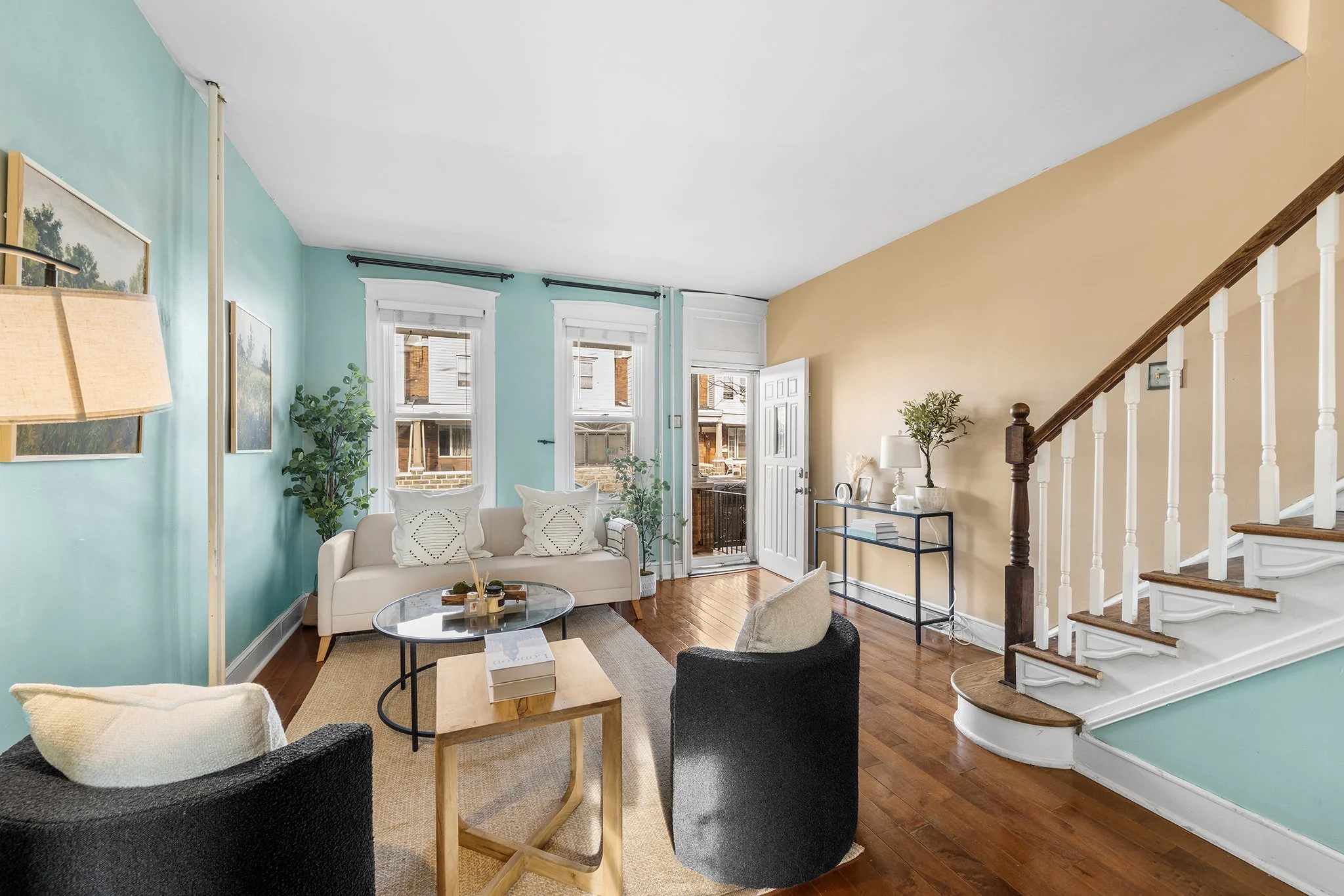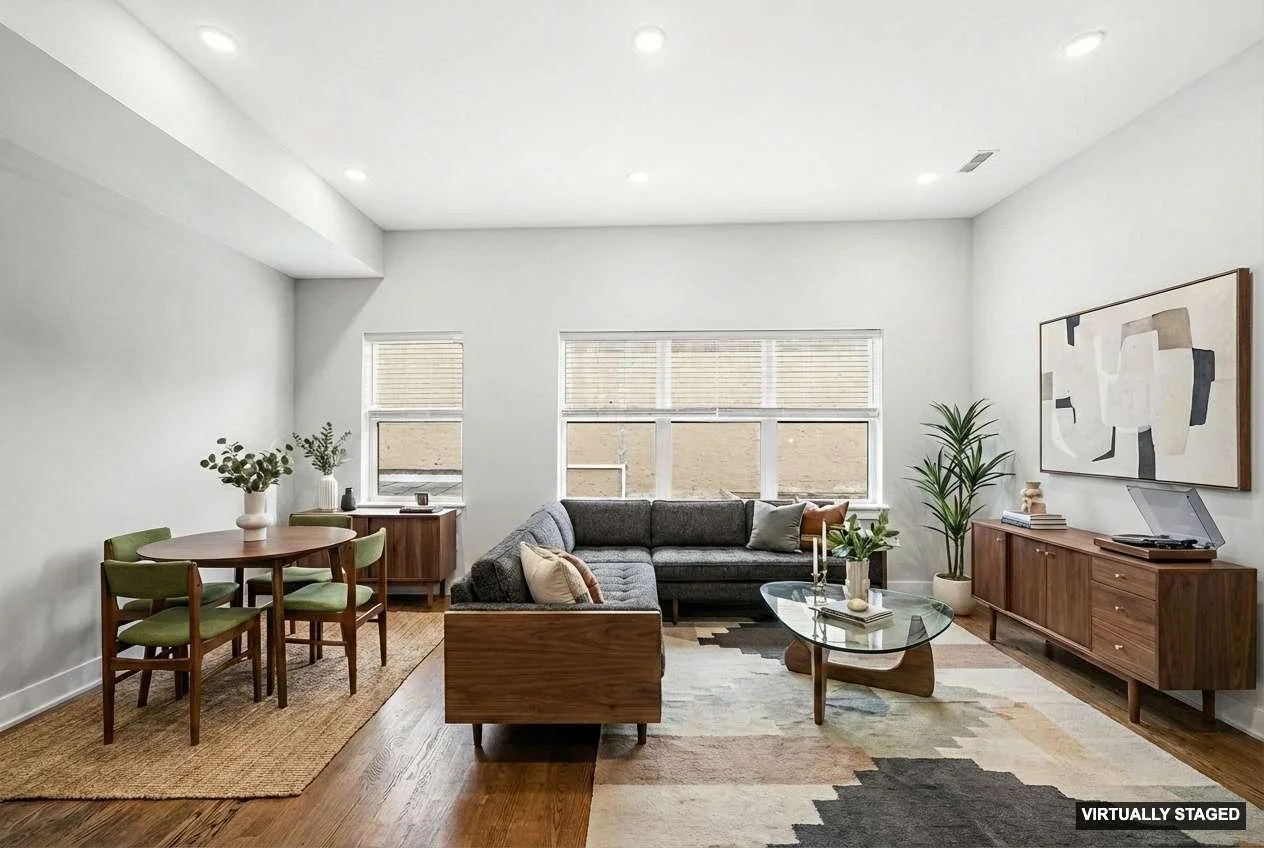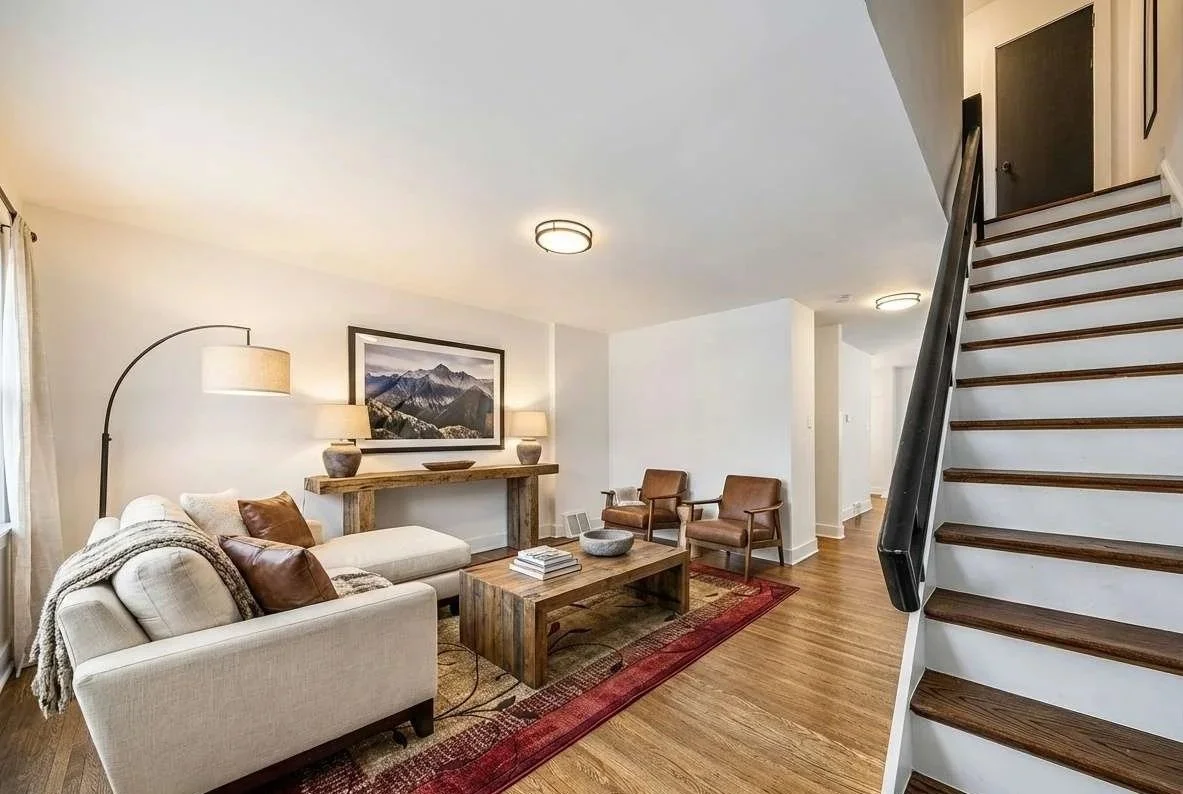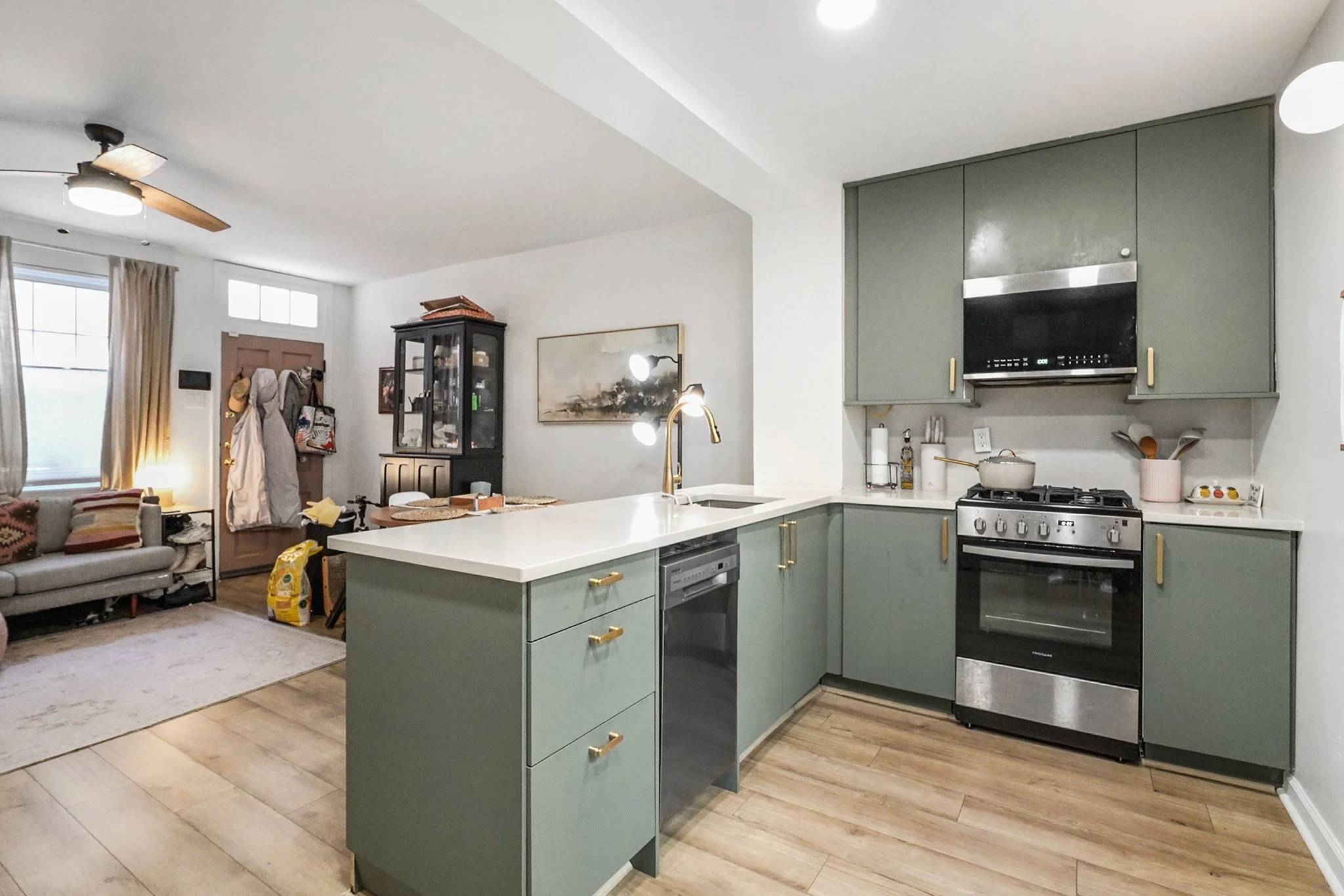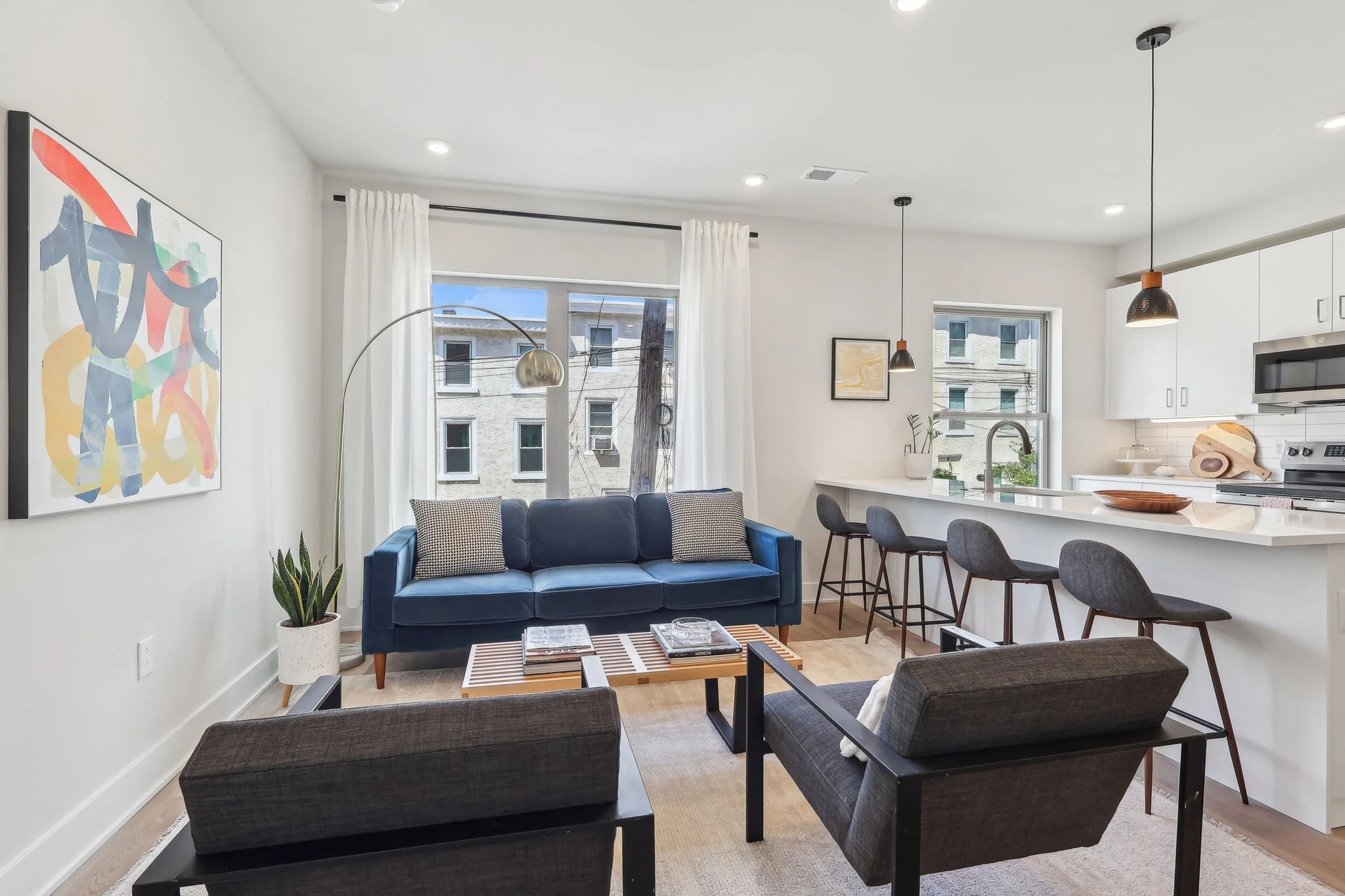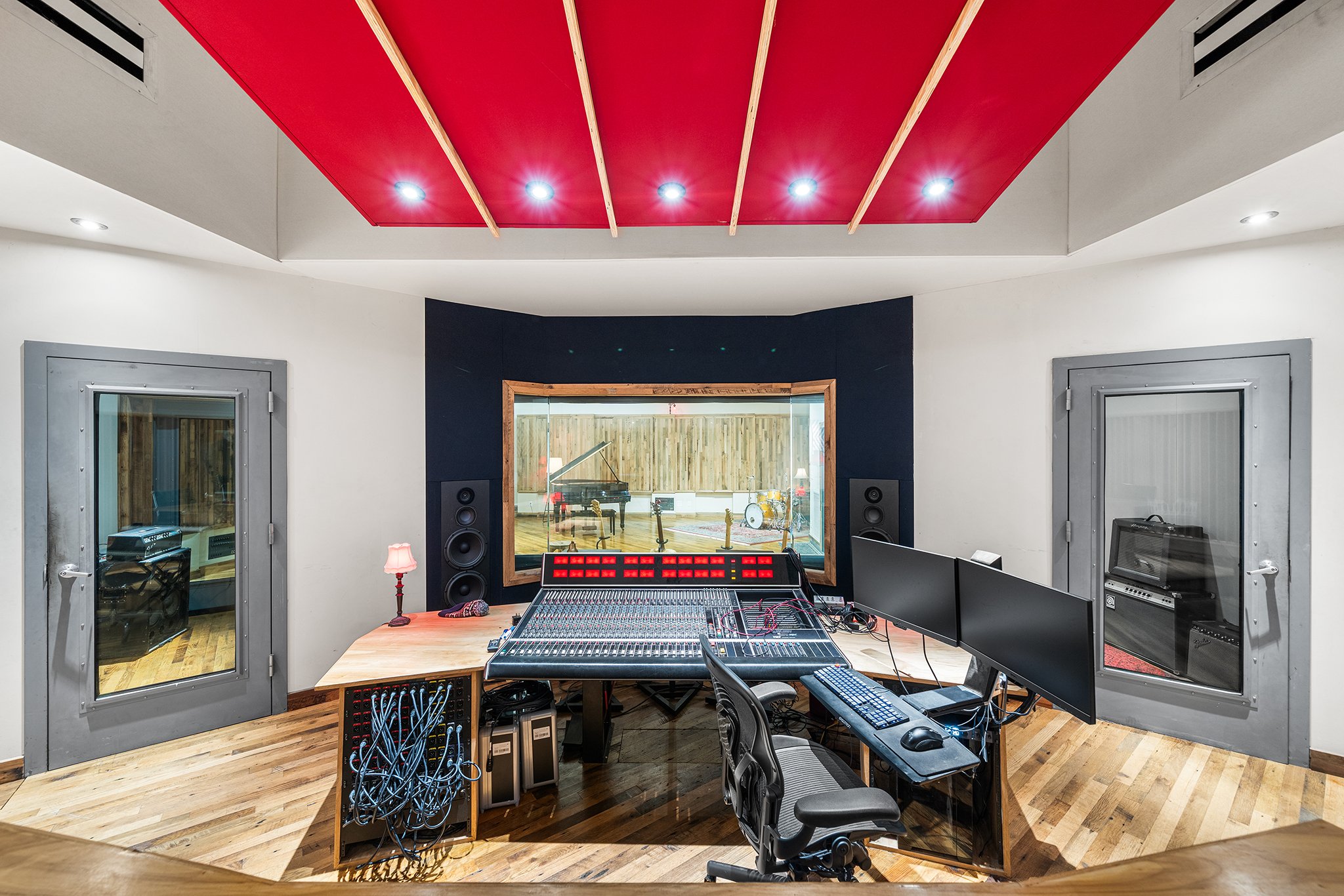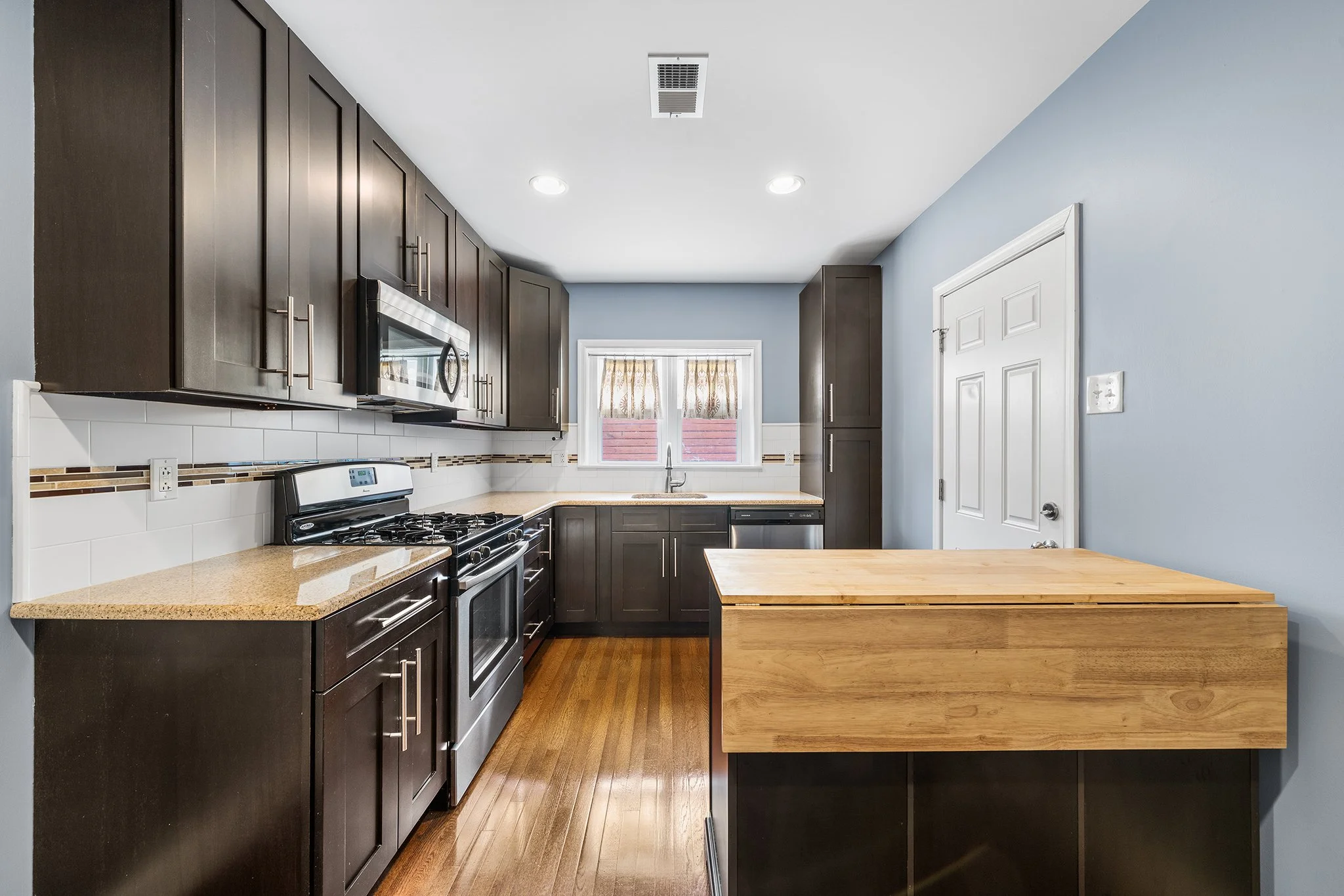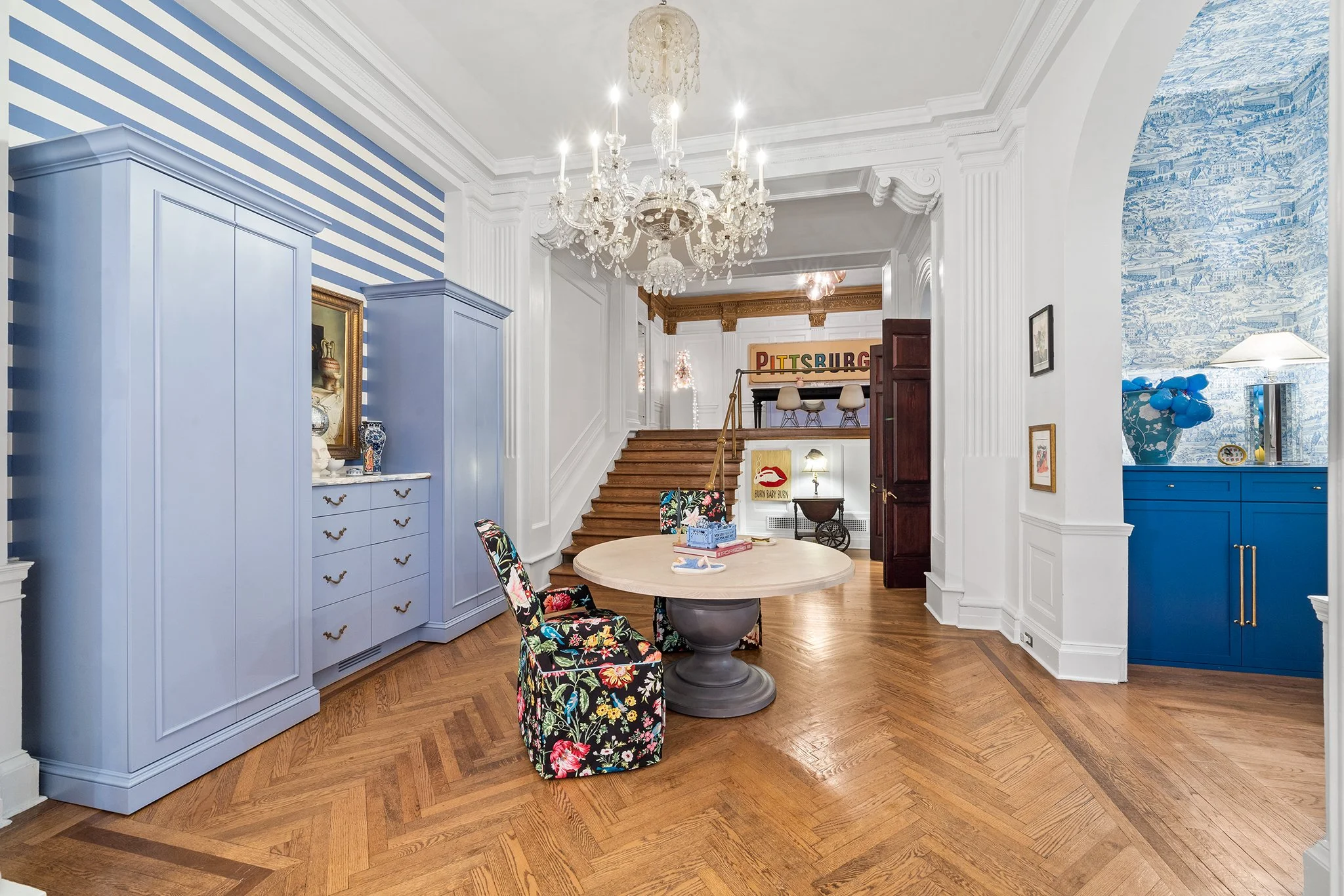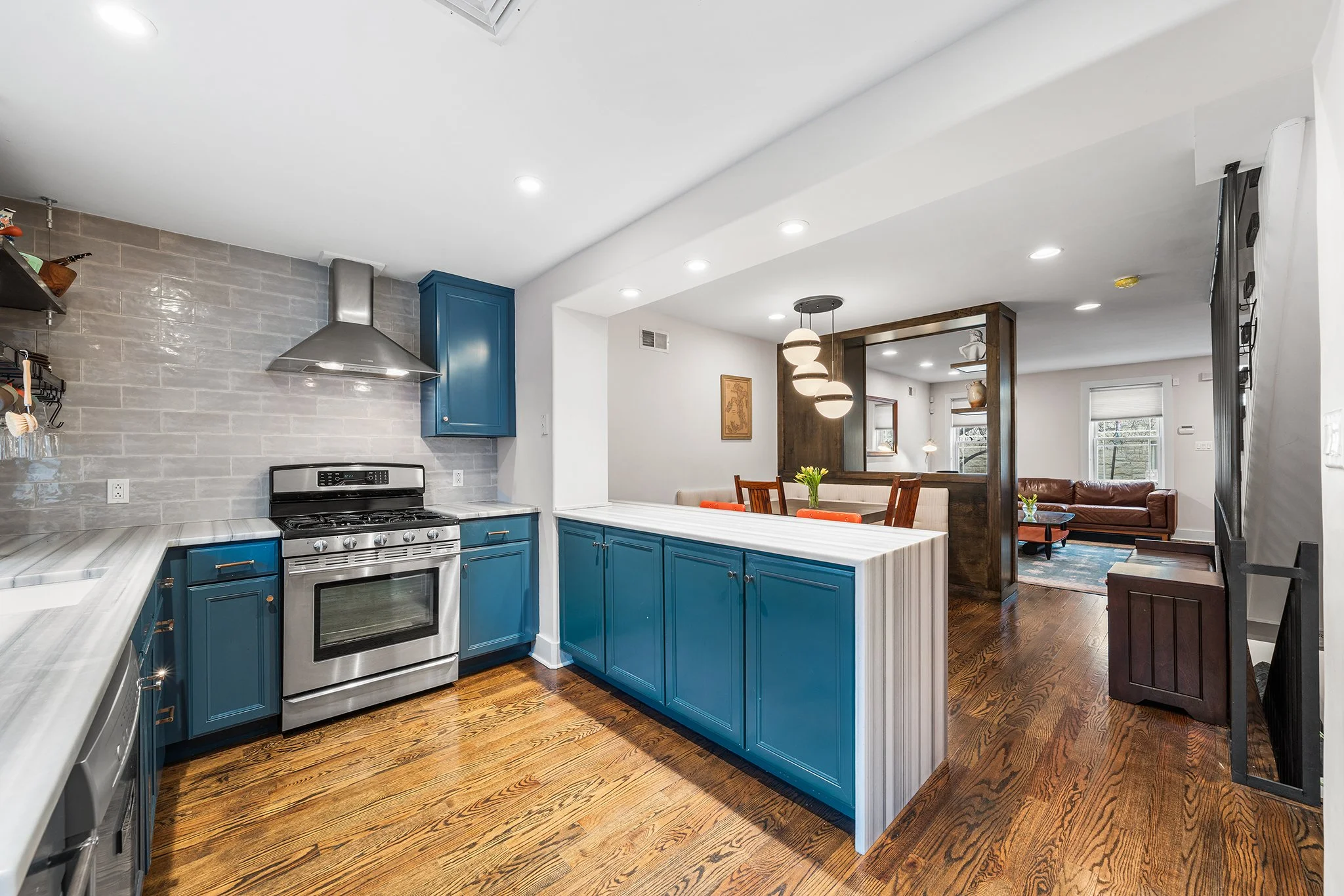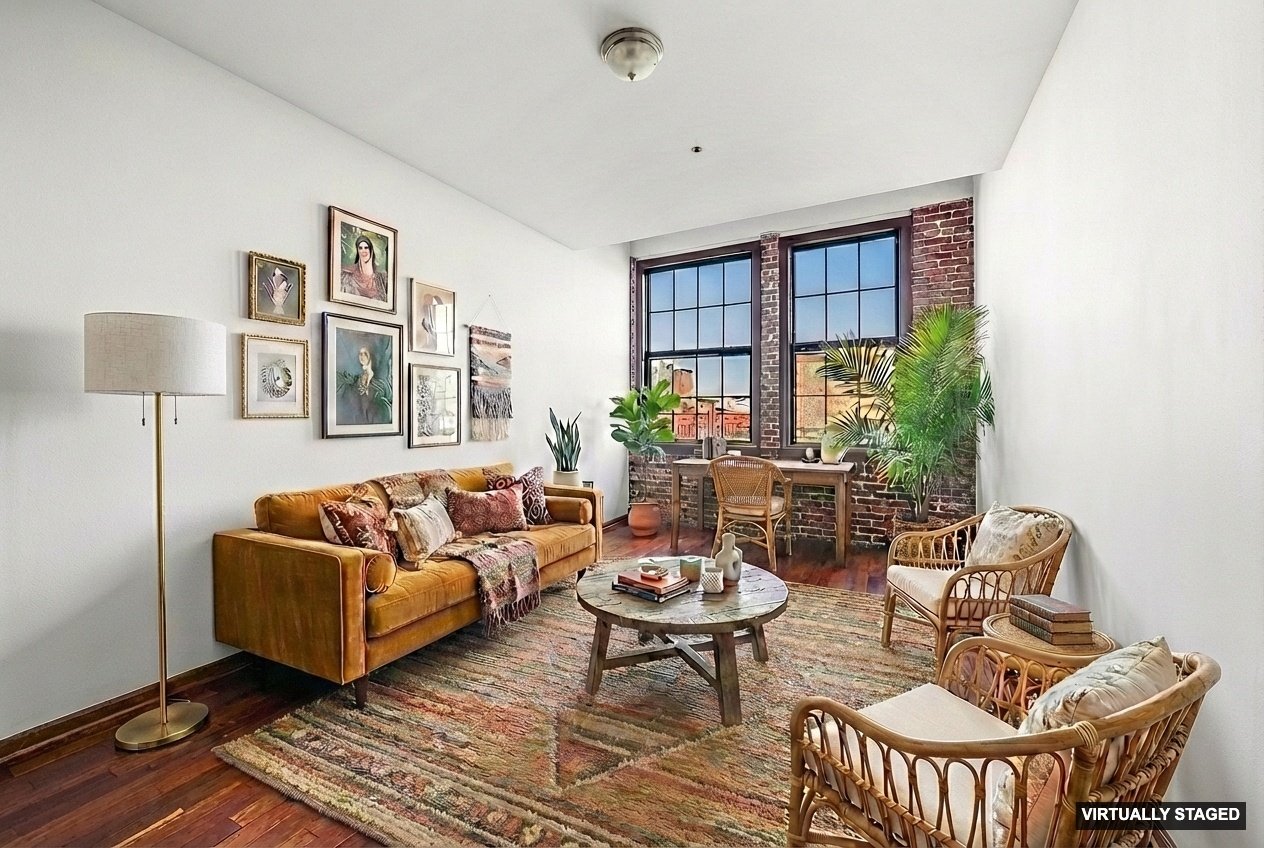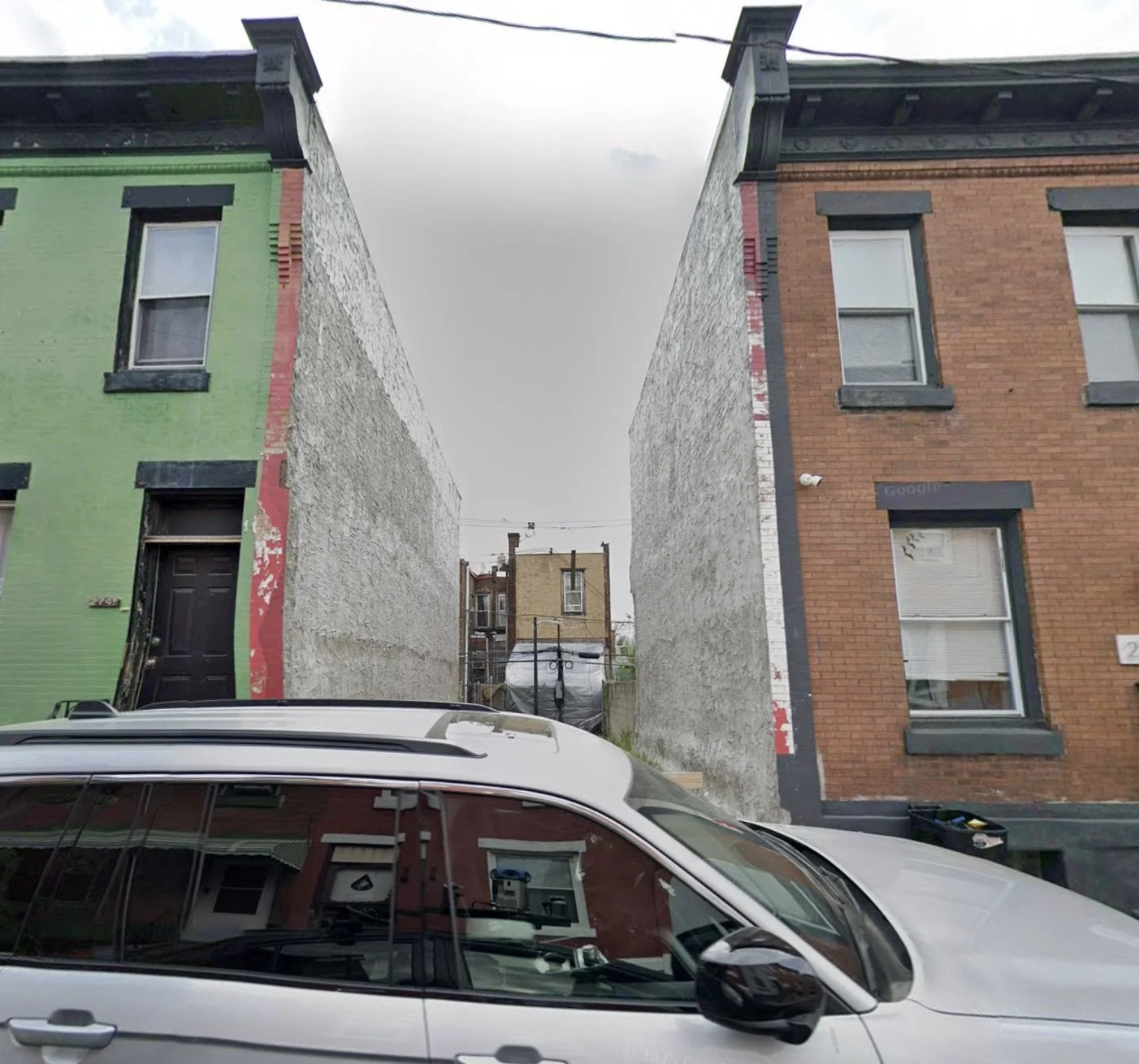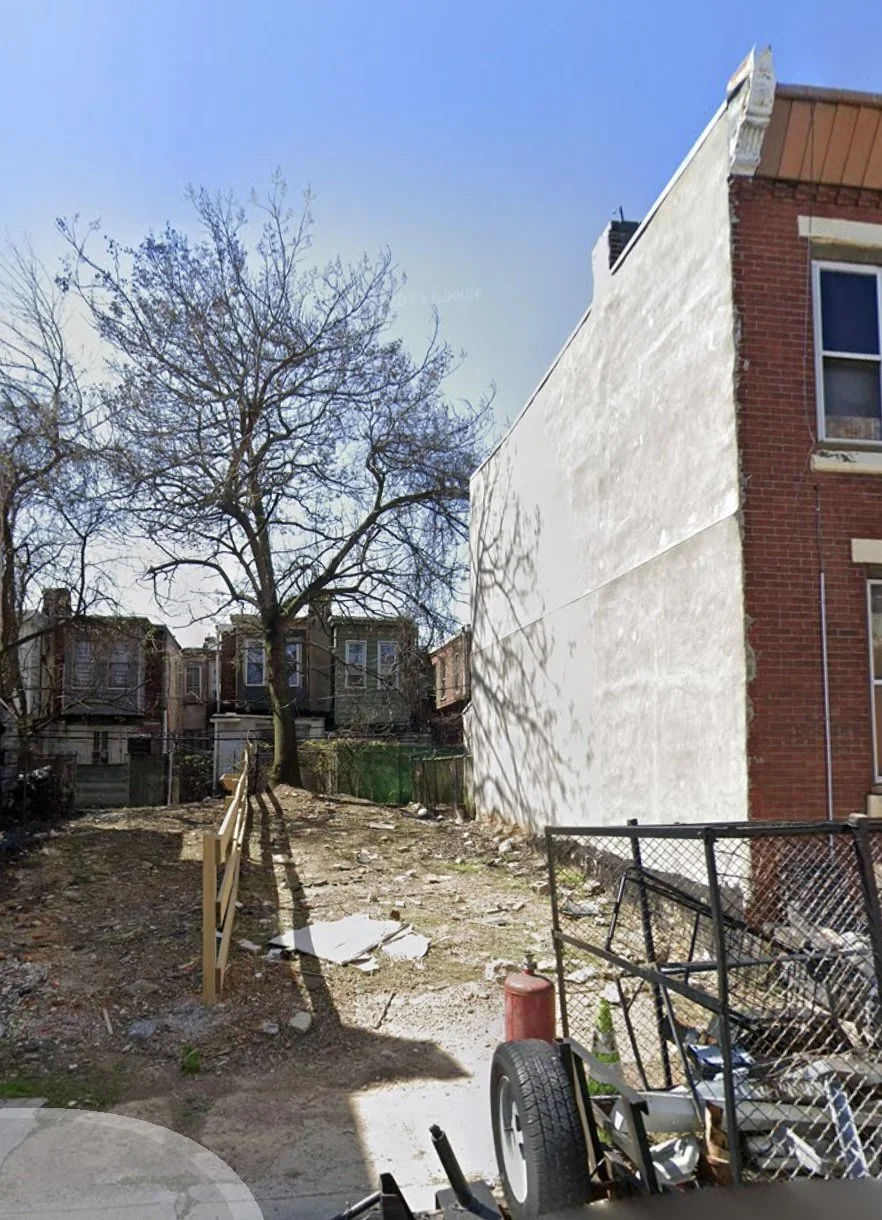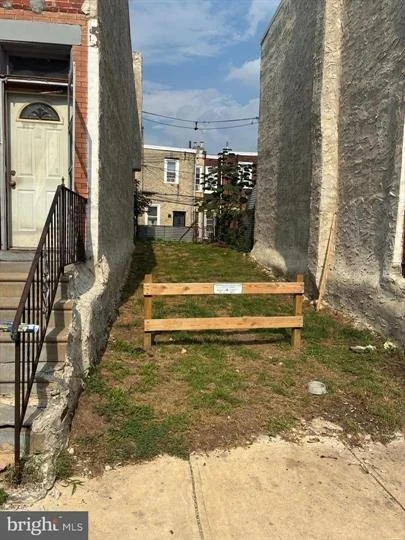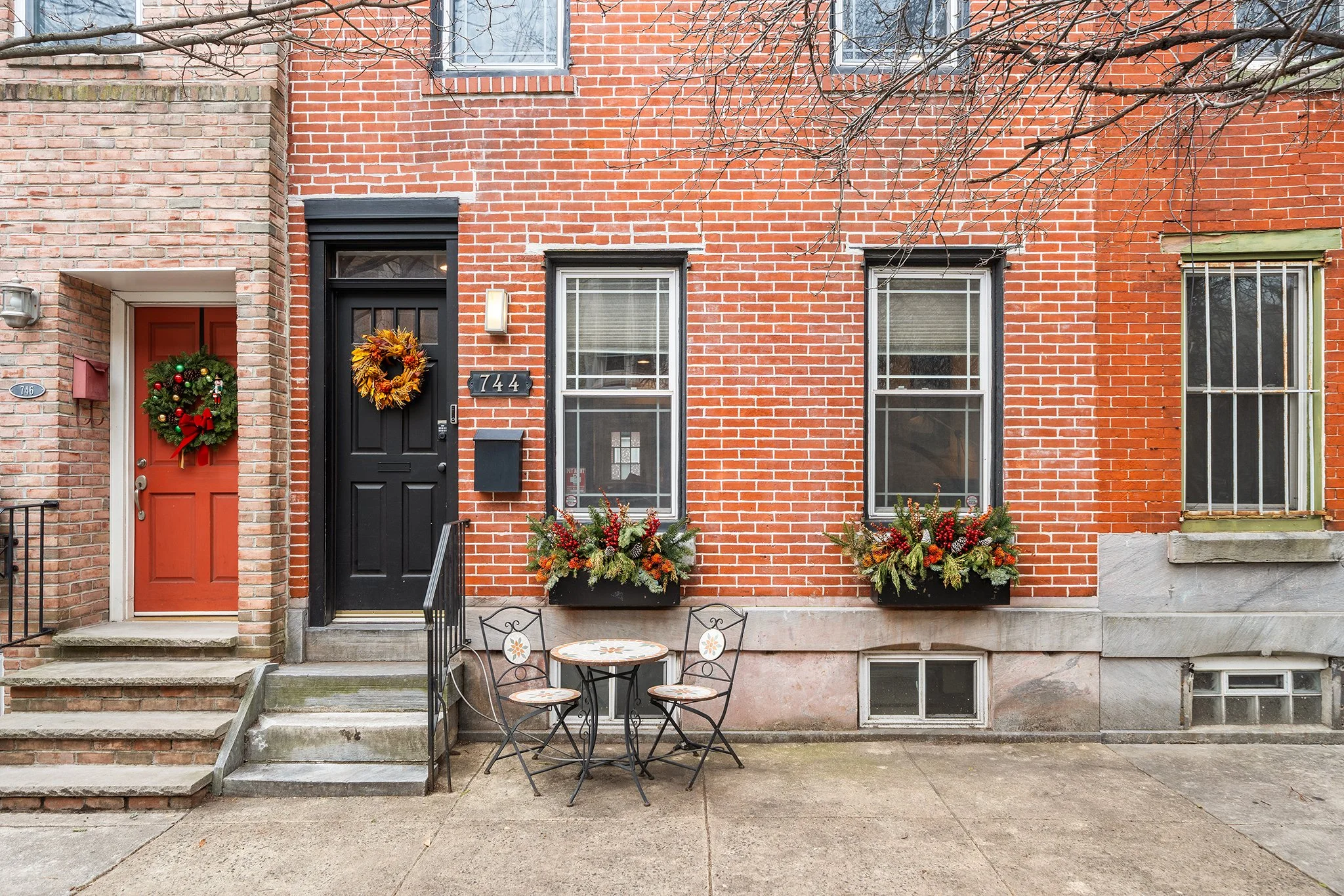Philadelphia is known for being a “city of neighborhoods”. How do you find YOUR neighborhood in Philadelphia? We sat down with some of our agents and asked for their advice on how they help clients hone in on the home search and find the neighborhood that suits them best.
Where Is Private Off-Street Parking Most Common?
Private off-street parking is more prevalent in certain Philadelphia neighborhoods. Northeast Philadelphia has the highest concentration of homes with garage parking because much of the area was developed during the post-World War II suburban boom, when car ownership became standard and auto-centric planning was the norm. With more available land than older city neighborhoods, developers built wider lots, driveways, and homes with integrated garages to meet the needs of middle-class families seeking space and convenience. The result is a housing stock defined by consistent features like garage or driveway parking, front lawns, and finished basements—hallmarks of mid-20th-century residential design.
Of the neighborhoods that Philly Home Girls steadily service most often, private off-street parking is the most common in the 5 neighborhoods listed here, with average prices and number of homes with off-street parking sold over the past six months (December 2024-May 2025).
In What Type of Property Is Private Off-Street Parking Most Common?
Unsurprisingly, Condos with off-street parking are more common than condos without. More often than in stand-alone houses or townhomes, condo buildings feature parking amenities, whether at an extra charge, deeded to the unit, or a limited common element on the building’s master deed.
Of the neighborhoods that Philly Home Girls steadily service most often, condos with private off-street parking are the most common in the 5 neighborhoods listed here, with average prices and number of sales over the past six months (December 2024-May 2025).
Pocket neighborhoods, or townhouse developments, are another common and easy way to achieve off-street parking. Philly Home Girls is representing the least expensive new construction with off-street parking within 5 miles of Center City. Paradise is extremely affordable with prices ranging from $450,000-$600,000, special financing available that allows for interest rates 1% lower than prime and 3% down with Zero PMI.
How Much Does Off-Street Parking Add to Home Prices?
In Philadelphia, homes with off-street parking often sell at a premium, and the difference can be significant. At Philly Home Girls, we use MLS data to analyze sales by zip code or neighborhood, comparing average prices of homes with and without parking to help clients set realistic expectations.
In high-demand areas like Rittenhouse Square, Old City, Society Hill, and Chestnut Hill, homes with off-street parking can cost up to 60% more than those without. In neighborhoods where parking is the least common, like Port Richmond, University City, Manayunk, and Fitler Square, having a dedicated spot can add as much as 40% to a home's price. Keep in mind that most homes with parking are bigger and have larger lots than homes without, but the stats still made us think about alternatives to private off-street parking. Well, that and the environment. And traffic.
Alternatives to Off-Street Parking
If a property lacks private parking, residents have several options:
Street Parking
Depending on where you land, you may have free street parking right outside your door. Many of us pull onto our block and can recognize the neighbor's cars; an unspoken rule of that spot is mine, but here is yours. For others, it’s open season on spots, you may end up around the corner but still a free street parking spot all the same.
Residential Parking Permits
In other neighborhoods, the density requires the Philadelphia Parking Authority (PPA) to step in. They offer residential parking permits for on-street parking in designated zones. Residents pay $75 annually per vehicle. They are limited to a maximum of three permits per household. The application is available on PPA's website and requires a valid vehicle registration card, proof of residence in the form of a lease, utility bill, or driver’s license, and payment of the fee. They also have a map of permit parking locations that you can check before you tour a property for sale with a Philly Home Girls agent.
Fun fact! Temporary permits for guests or contractors are also available, with durations ranging from one day ($7) to sixty days ($300).
Scooter and motorcycle permits are only $50.00/year and don’t count against the total number of permits per household.
Monthly Parking Rentals
For those seeking dedicated parking spots, several platforms list monthly rentals:
SpotHero, Spacer, WhereiPark list monthly parking rates in garages by location and rate.
Searching online and sites like Philapark.org are good resources.
Neighborhood groups on social media and apps like Nextdoor are also useful as neighbors may rent out garages or spots on a long term basis.
Prices vary based on location, with central areas like Center City commanding higher rates. Philly Home Girls can help you understand what those monthly prices mean for your budget. For example, our “How Much Can I Afford Blog” can help you understand that a $350/mo parking spot rental is equivalent to borrowing $52,000 for 30 years at 6.75% interest rate. So you may just want to up your purchasing budget instead of renting a space so you can capitalize on tax deductions, appreciation, and equity.
Or, Just Get Rid of Your Car!
In cities like Philadelphia, where historic architecture meets dense urban grids, owning a car isn’t always the necessity it once was. Believe it or not, in the early 2000’s our team leader used to brag that she could drive from Kensington to Rittenhouse Square and park within 15 minutes, but now, with all the ride shares circling, delivery drivers blocking traffic, construction and infrastructure improvements going on (or lack thereof), those are days of yore. Try it once and you’ll be inspired to explore going car-free. There are endless benefits to doing so. Here are just a few:
Financial Savings
A typical car owner spends around $8,500 to $12,000 annually on car payments, insurance, fuel, maintenance, parking fees, and depreciation.
You avoid ongoing costs like gas, insurance, maintenance, tolls, and car payments.
Without a car payment, you can borrow a larger mortgage for a bigge,r better house.
Occasional car rentals, rideshares, or public transit tend to be significantly cheaper.Rented cars are usually gassed up and clean, and car rentals have gotten incredibly convenient and contactless.
Less Stress
No dealing with traffic, mechanical issues, or parking tickets.
Reduced anxiety from driving and car ownership responsibilities.
Zero chances of being responsible for damaging anyone else's property or person.
Environmental Impact
A smaller carbon footprint—no fuel emissions or contributing to traffic congestion.
Support public services, the local economy, and employment for all. Did you know that paying your SEPTA fare is contactless? You heard right. You can use your cell phone to swipe onto SEPTA! Yaaasss!!! No more silly tokens or plastic cards that expire even though you have a $20.00 balance! Yippee!
Health & Lifestyle
More walking or biking = more physical activity. There are tons of great resources for both, including Philadelphia’s Biking Coalition, which advocates for bike-ability in Philadelphia.
Encourages exploration of your neighborhood and public spaces.
More planners are advocating for walkable, mixed-use neighborhoods that reduce reliance on cars. Books like Walkable City by Jeff Speck and Happy City by Charles Montgomery argue that the happiest, healthiest cities are designed for people, not vehicles. Urban planner Donald Shoup—aka the godfather of parking reform—explains in The High Cost of Free Parking that parking isn't really “free.” It's embedded in the cost of housing, goods, and the built environment. In short, we all pay for it, whether we drive or not. These perspectives can help shift the conversation from “Where will I park?” to “How do I want to live?”At the end of the day, car-free living isn't about giving something up—it's about gaining walkability, affordability, sustainability, and freedom from traffic.
Curious how walkability, transit access, or parking availability affects home values in your neighborhood? We’d love to talk. At Philly Home Girls, we believe your home should suit your lifestyle, not the other way around.
